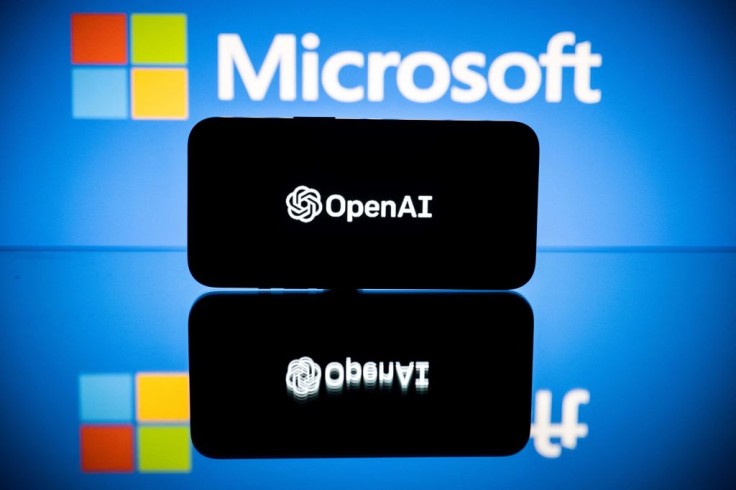OpenAI and Microsoft are hit with another copyright lawsuit, this time from nonfiction authors.
A proposed class action filed in Manhattan alleges the two companies of copying tens of thousands of nonfiction books without permission to train their AI models.

The complaint stated that the tech firms enjoyed enormous financial gain from their exploitation of copyrighted material" without compensating for their works.
Julian Sancton, author of "Madhouse at the End of the Earth: The Belgica's Journey Into the Dark Antarctic," represents the group against OpenAI and Microsoft.
Sancton, according to the lawsuit, spent five years and thousands of dollars traveling around the world in order to write about the 1987 polar expedition.
Sancton asked the court for an unspecified amount for settlement and the court to put a stop to "the rampant theft of copyrighted works."
Also Read : OpenAI Welcomes Back Ousted Sam Altman as CEO
OpenAI's Legal Battle on Copyright Laws
Sancton's lawsuit is only one of the growing copyright complaints filed against OpenAI over AI training.
Earlier this year, screenwriter Michael Chabon sued the company on similar grounds, as well as George R.R. Martin, John Grisham and Jodi Picoult.
Comedy writer Sarah Silverman, along with novelists Christopher Golden and Richard Kadrey, also filed complaints against OpenAI for training ChatGPT with their published works.
In response, OpenAI said ChatGPT's generated content is not considered a "derivative work" and does not constitute copyright infringement.
The company previously offered to pay the legal costs incurred by its business customers over copyright lawsuits.
How Does OpenAI Train AI-Language Models
According to OpenAI's blog post, ChatGPT's language model is developed from "publicly available" content in the internet, third-party licensed works, and information provided by users and human trainers.
The company cleared to not use paywalled content and only information that is "freely and openly available" on the Internet.
ChatGPT does not also "copy and paste" training information in a database, rather learns to associate between words.
OpenAI claims its language model training complies with legal rules.
Related Article : OpenAI to Unveil ChatGPT Upgrades This November









